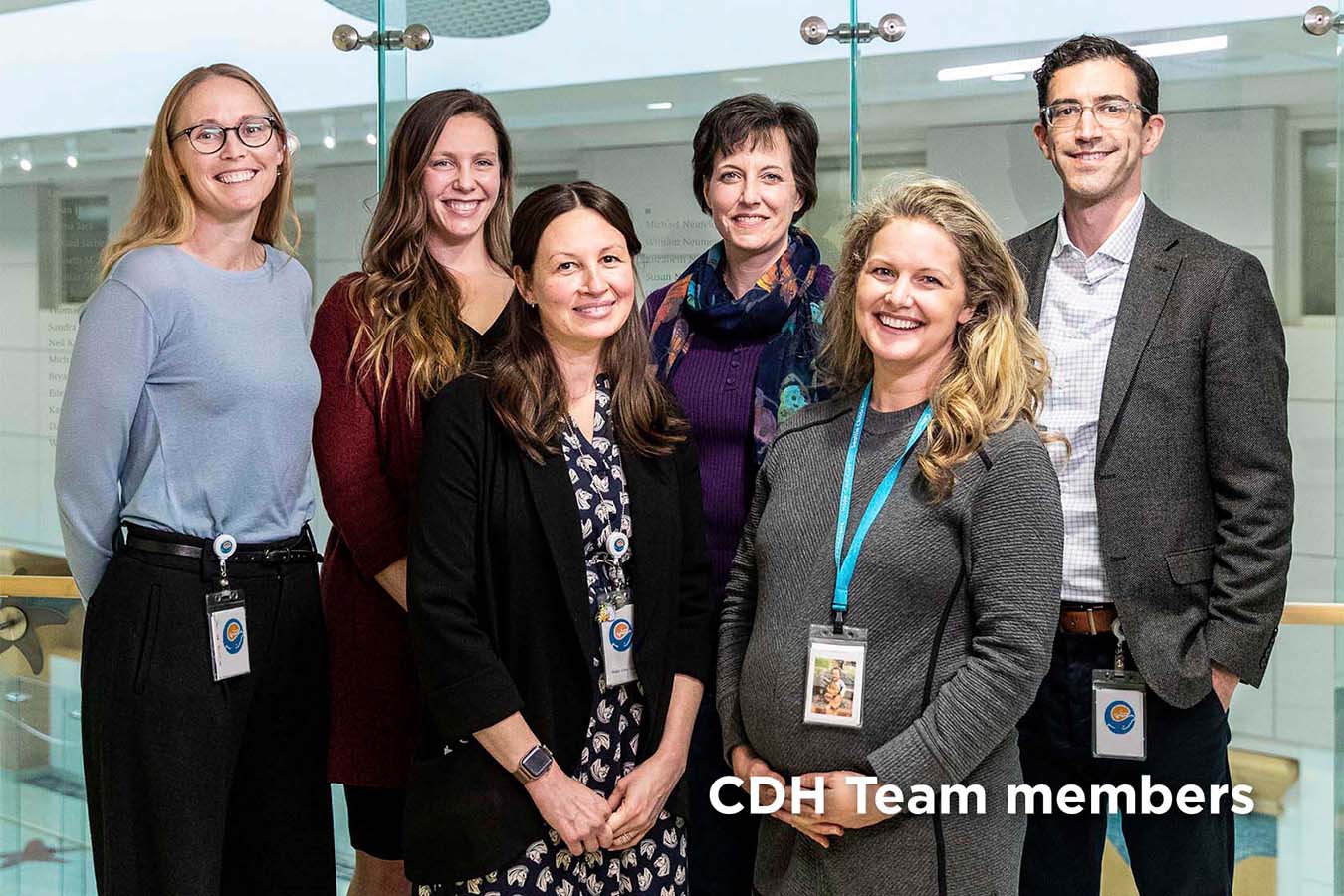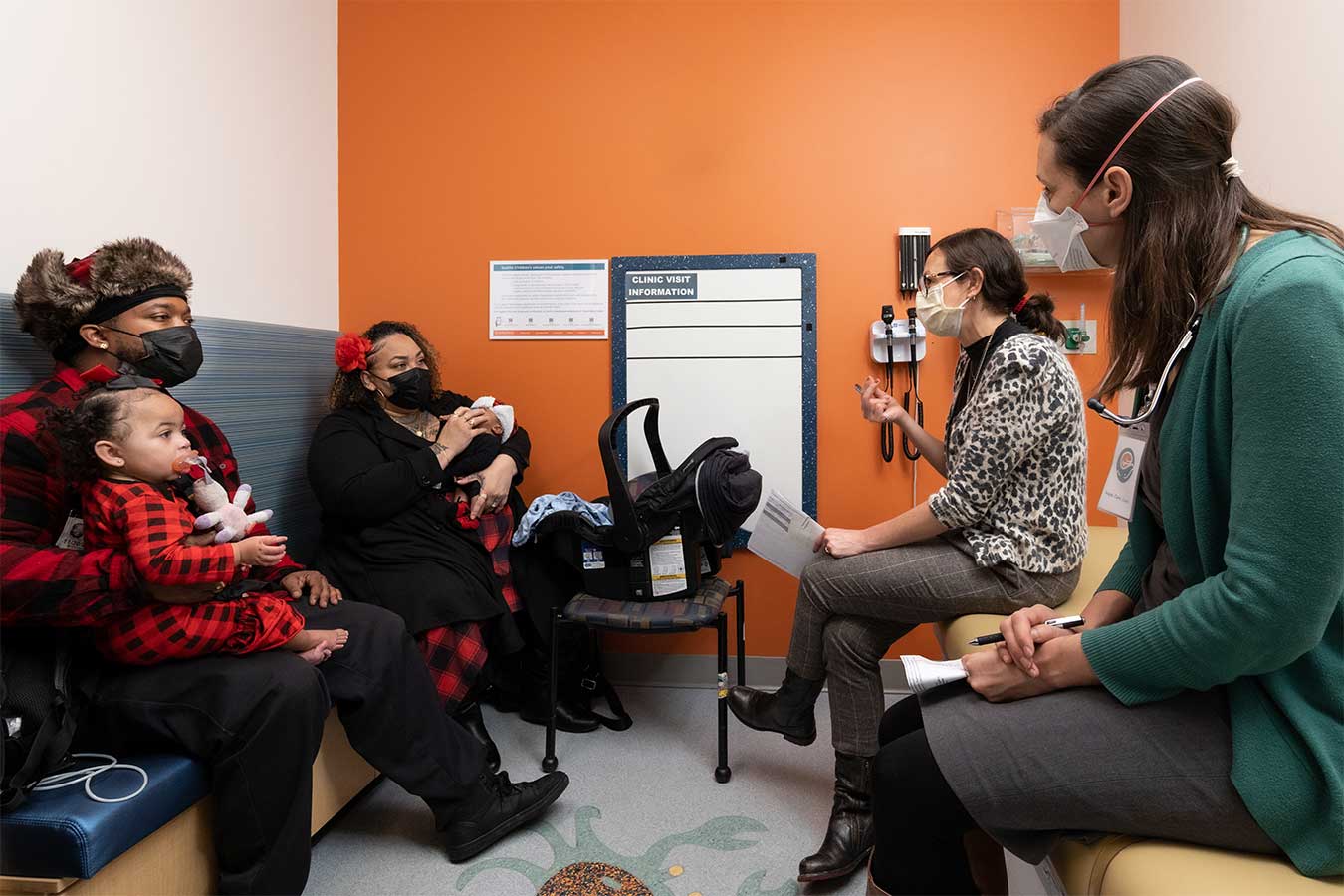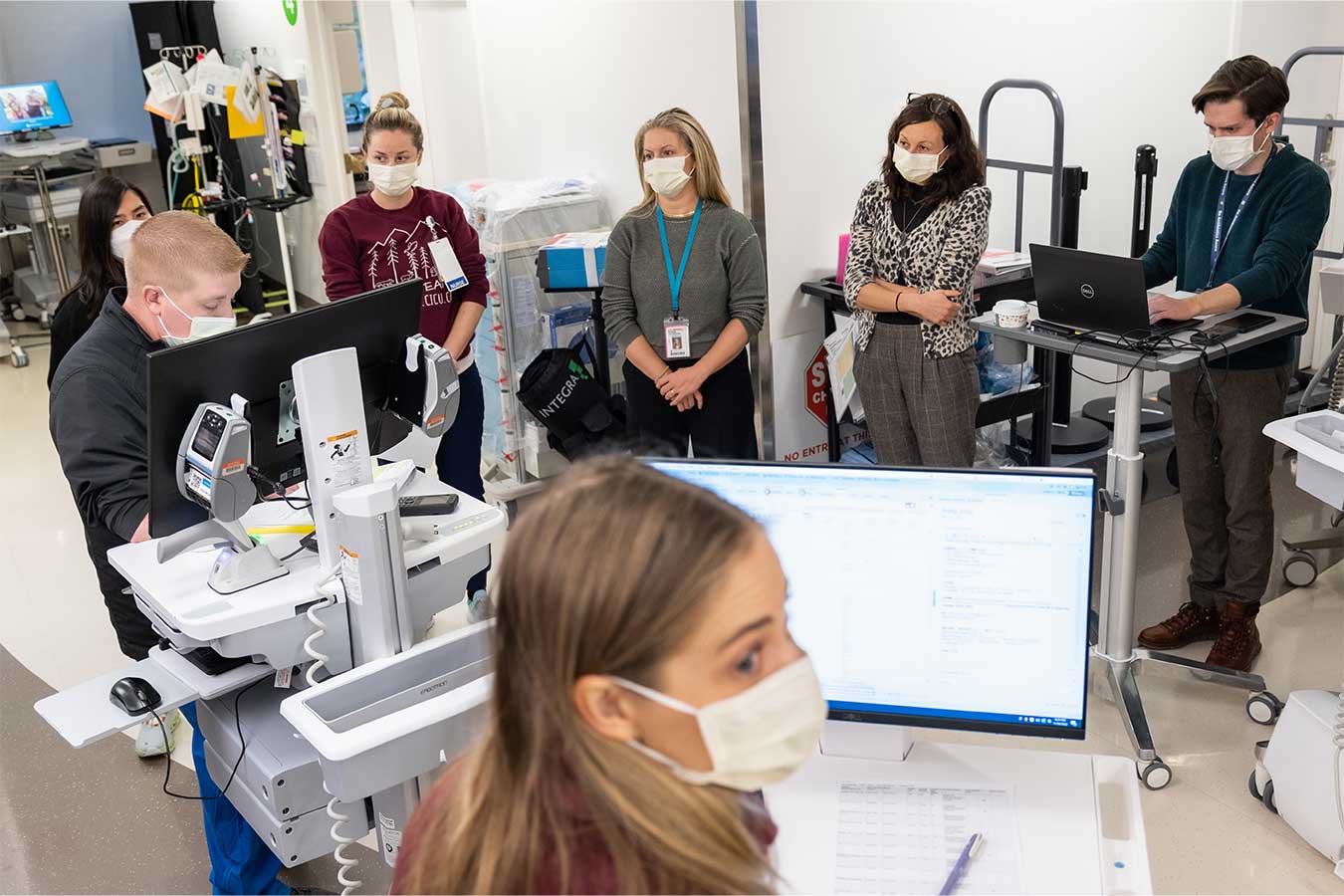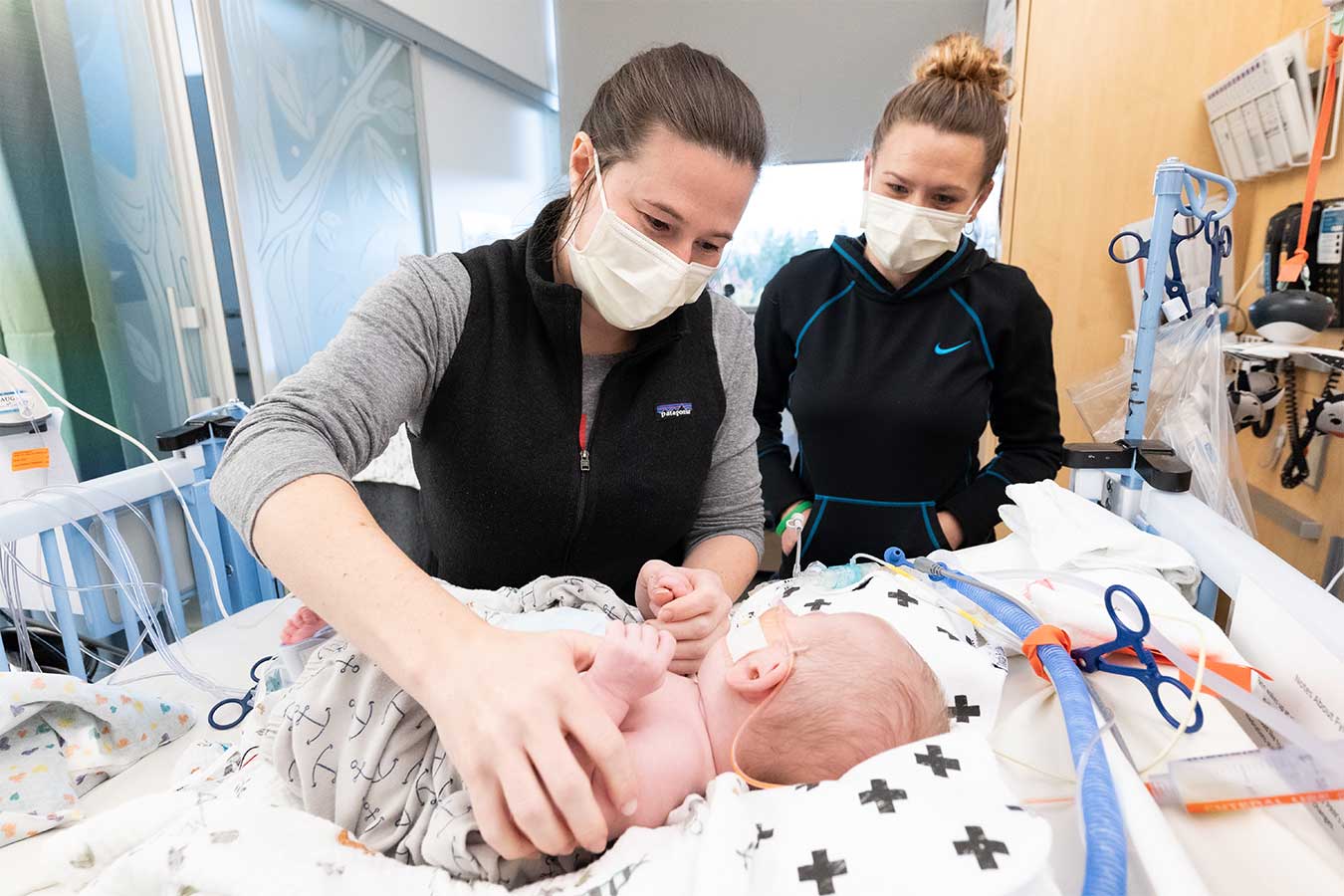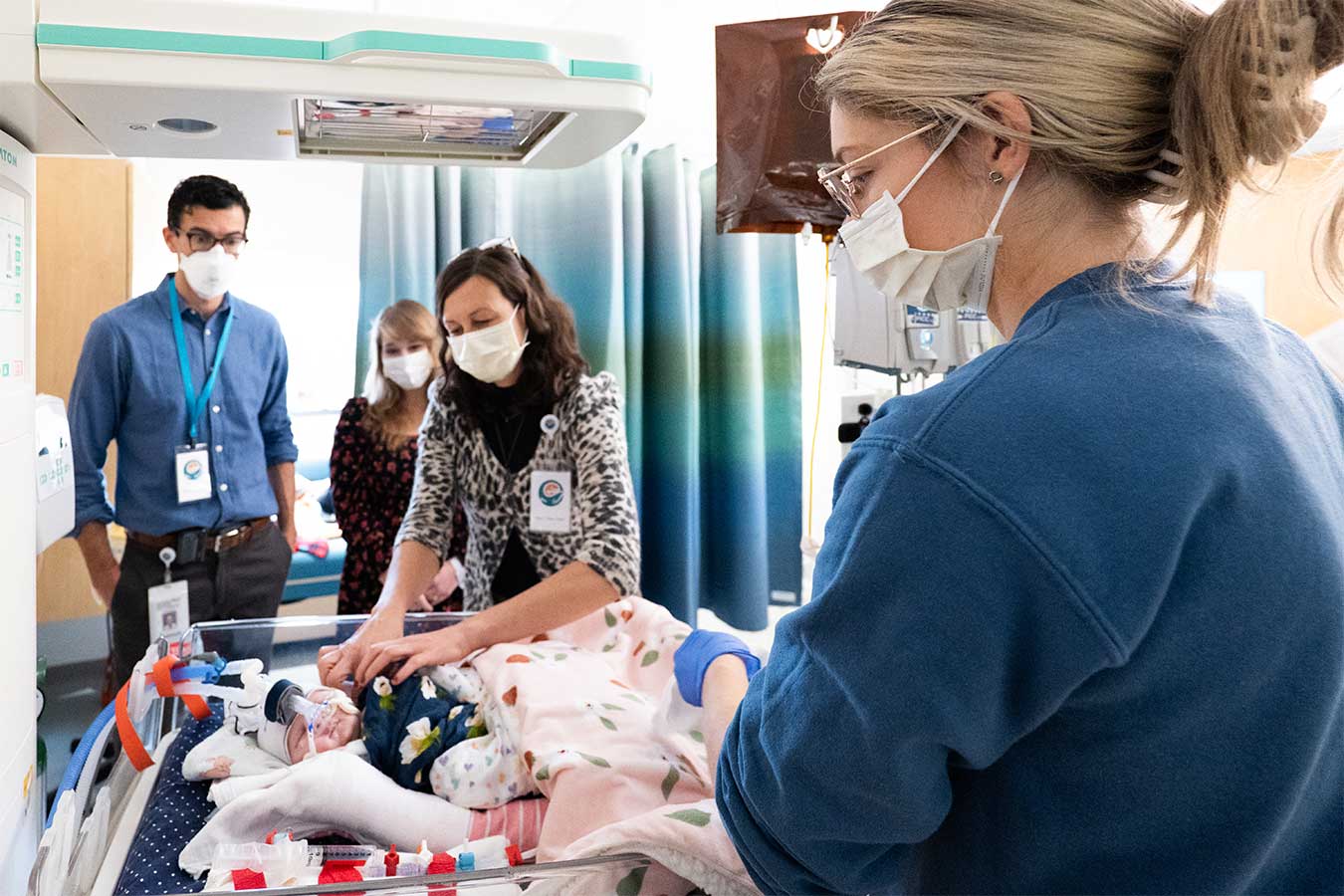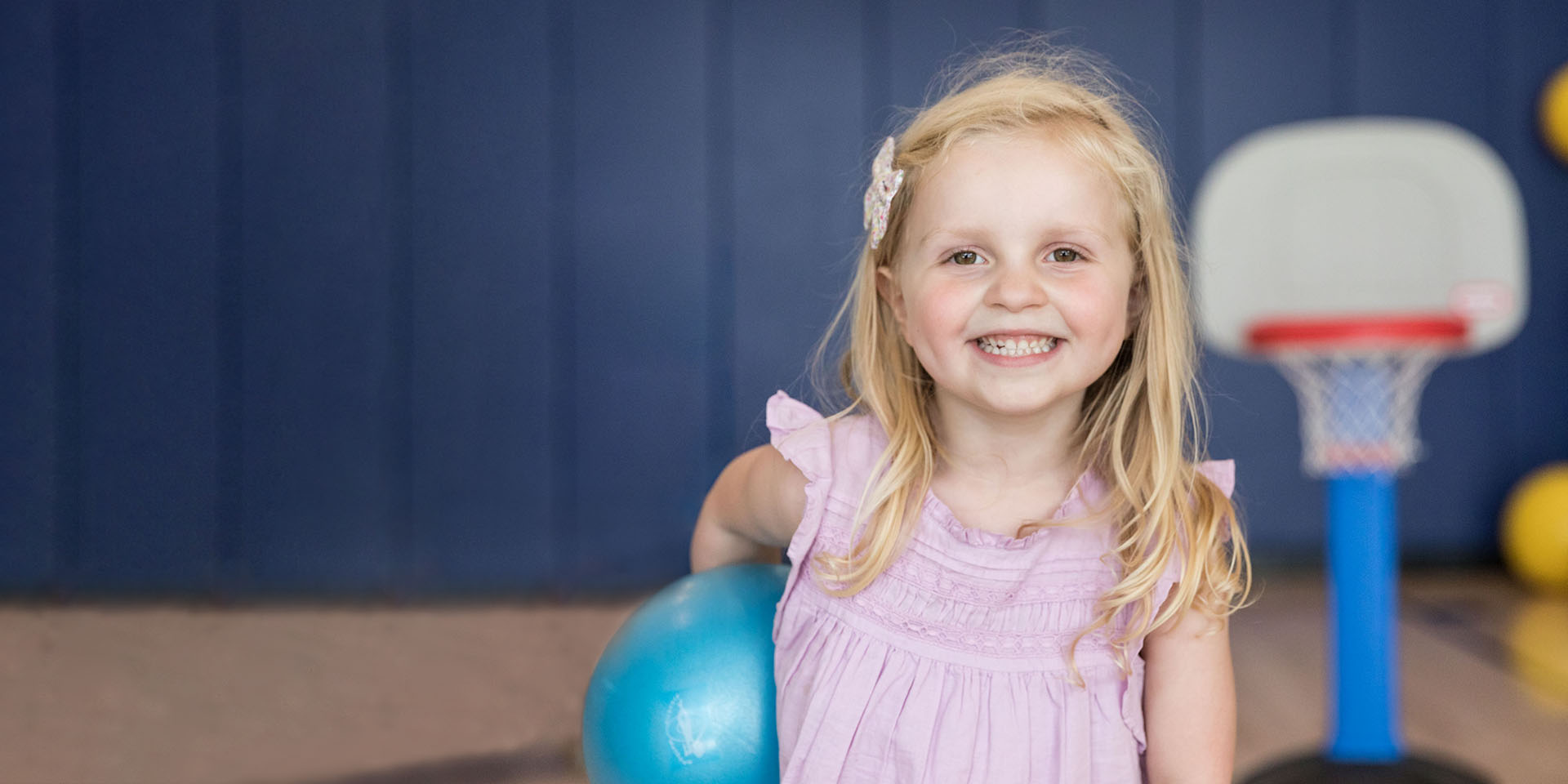
Seattle Children’s Congenital Diaphragmatic Hernia Program
Expert, Compassionate Care With Excellent Outcomes
If your child has a congenital diaphragmatic hernia (CDH), Seattle Children's team has the medical and surgical expertise to help your child not only survive, but thrive—from diagnosis through treatment and long-term follow-up care.
The average survival rate for children we treat for a CDH is 90%, which is significantly better than the national average. U.S. News & World Report consistently ranks Seattle Children's as one of the top children's hospitals in the nation and among the nation's best in key CDH specialties including newborn care (neonatology), hearts (cardiology) and lungs (pulmonology).
Meet Your Congenital Diaphragmatic Hernia Team
Our Congenital Diaphragmatic Hernia Program offers more specialized care than any other children’s hospital in the Pacific Northwest. Our multidisciplinary team has cared for hundreds of children with CDH, from prenatal diagnosis through early adulthood. We provide evidence-based care with excellent survival outcomes, even for the sickest babies. All during childhood, our follow-up care helps keep your child as healthy as possible. Meet Your Team.
Why choose our CDH Program?
Our Congenital Diaphragmatic Hernia Services
Seattle Children's is a high-volume center for CDH. We have cared for hundreds of children with a CDH, and our pediatric surgery team is one of the most experienced in the nation. National studies have shown that babies with a CDH have better outcomes at centers like Seattle Children's that treat many babies with this condition.
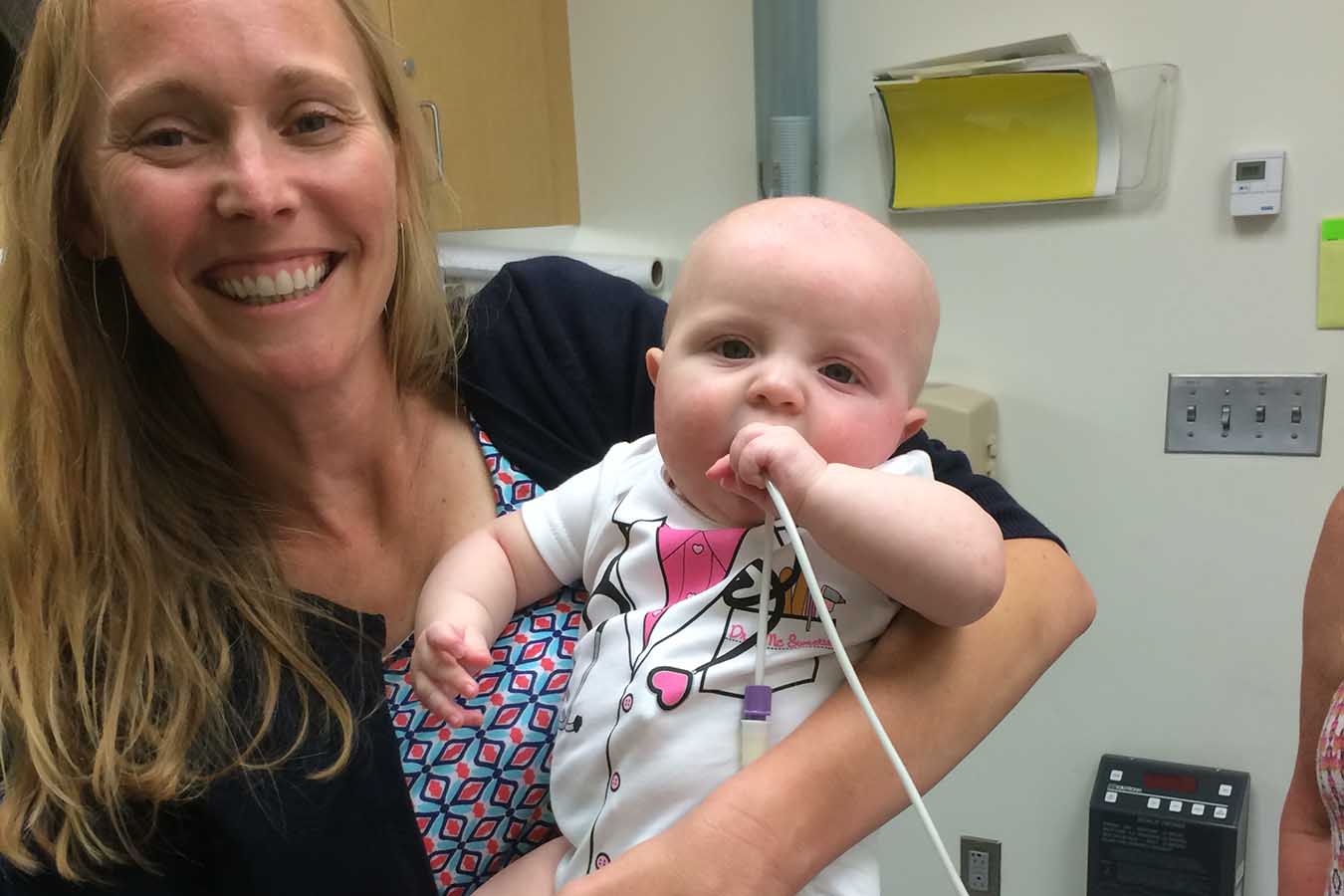
Expert care starting before birth
Care for your baby starts during pregnancy at our Fetal Care and Treatment Program. The same team of pediatric surgeons and neonatologists will be involved in your baby’s care before their birth and throughout their hospital stay. We have a highly skilled transport team and Level IV Neonatal Intensive Care Unit (NICU), the highest level of care.
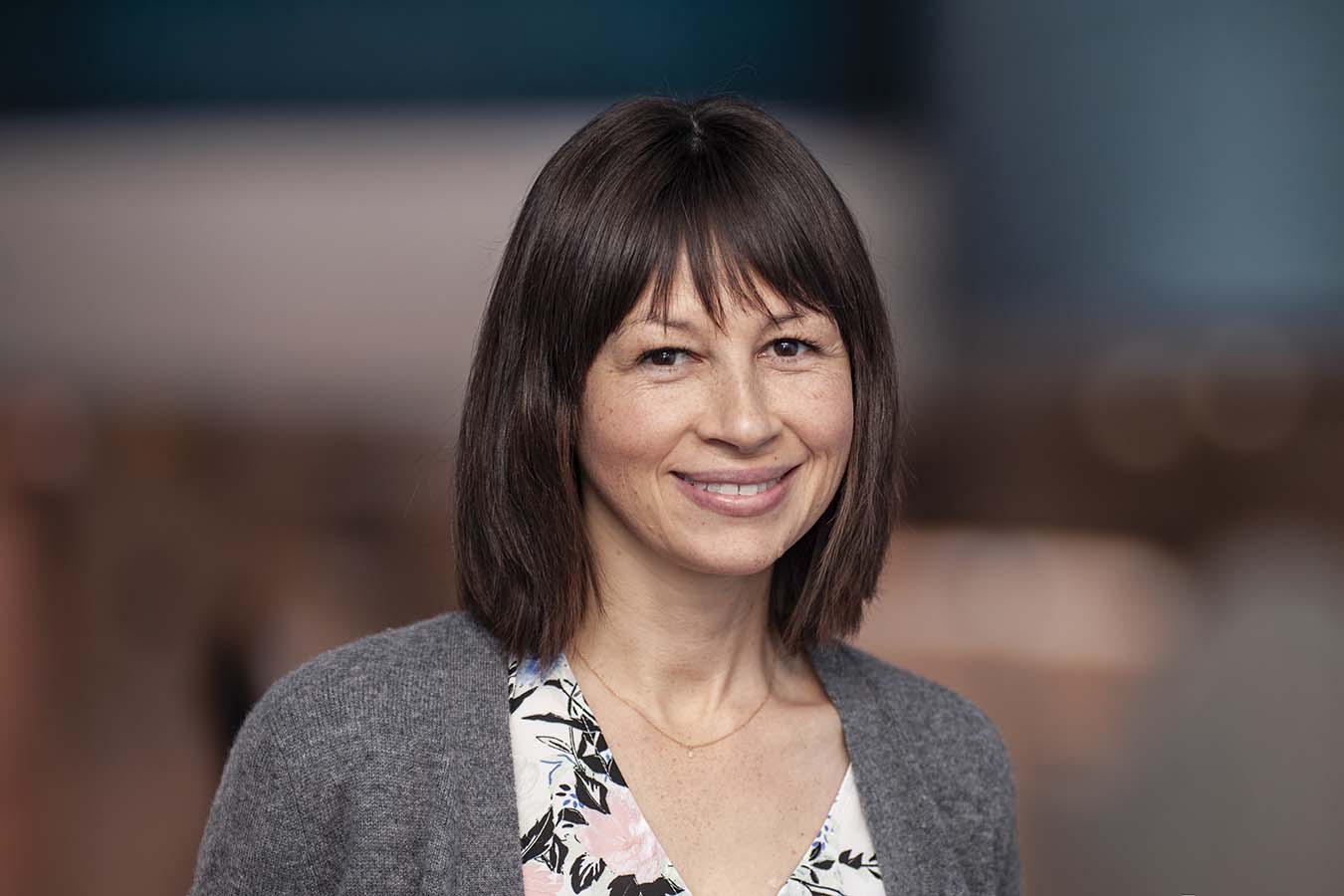
Multidisciplinary team for the best outcomes
"CDH is a complex disease that affects many interconnected organ systems: lungs, heart, GI tract, brain, and others. This is why having a multidisciplinary team of specialists working together leads to better patient outcomes. Our team cares for patients from before birth through their hospital stay and into adolescence; we get to know them very well."
— Dr. Rebecca Stark, CDH Program director and a specialist in pediatric surgery. Read about expanded services at Seattle Children’s Fetal Care and Treatment Center.
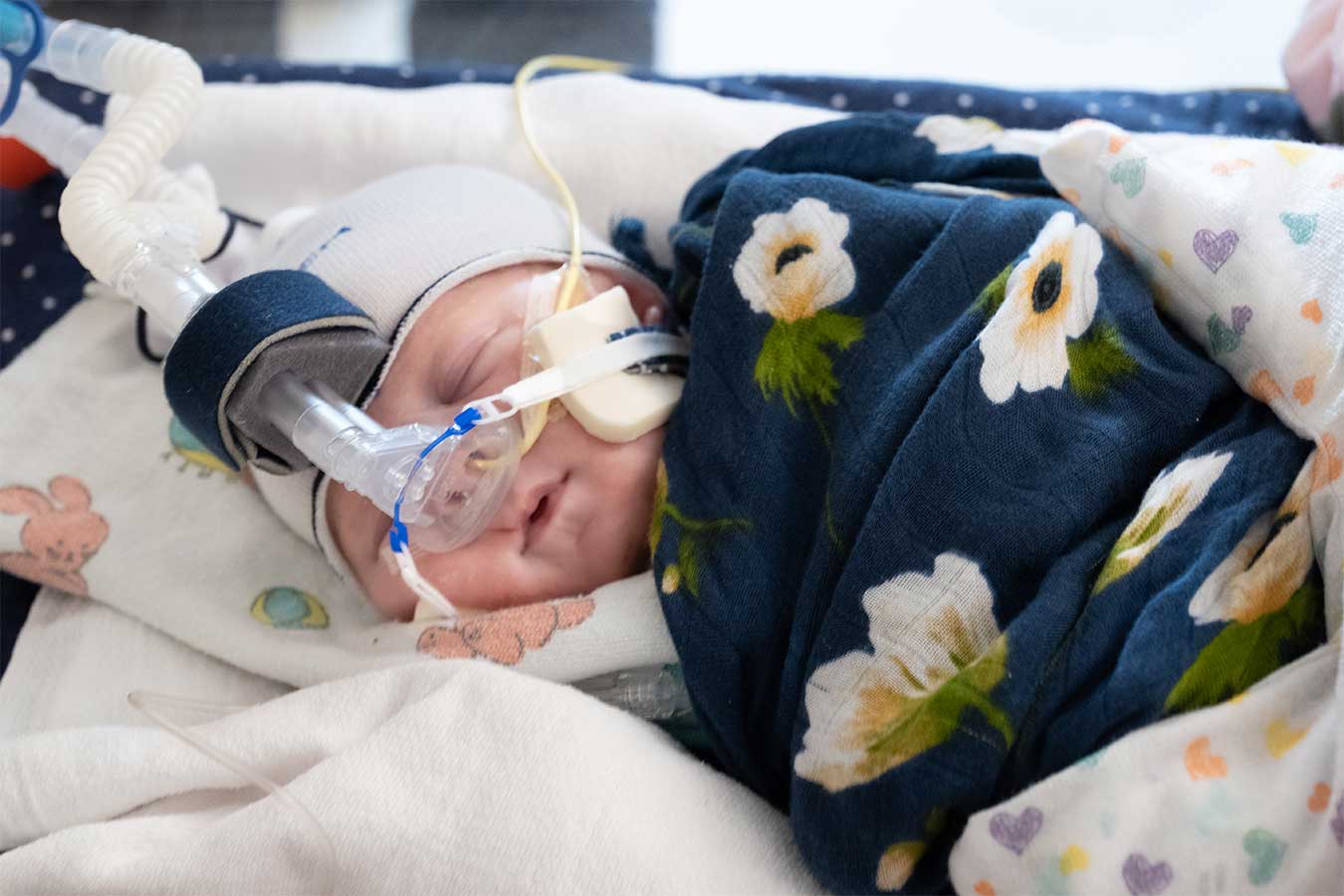
ECMO for high-risk babies
High-risk babies with a CDH may require extracorporeal membrane oxygenation (ECMO). We are the only children's hospital in our region skilled and equipped to repair a CDH while a baby is on ECMO. This leads to better outcomes. Seattle Children's is home to the largest Extracorporeal Life Support Program for babies, children and teens in the Northwest. We were the first pediatric hospital on the West Coast to offer mobile ECMO.
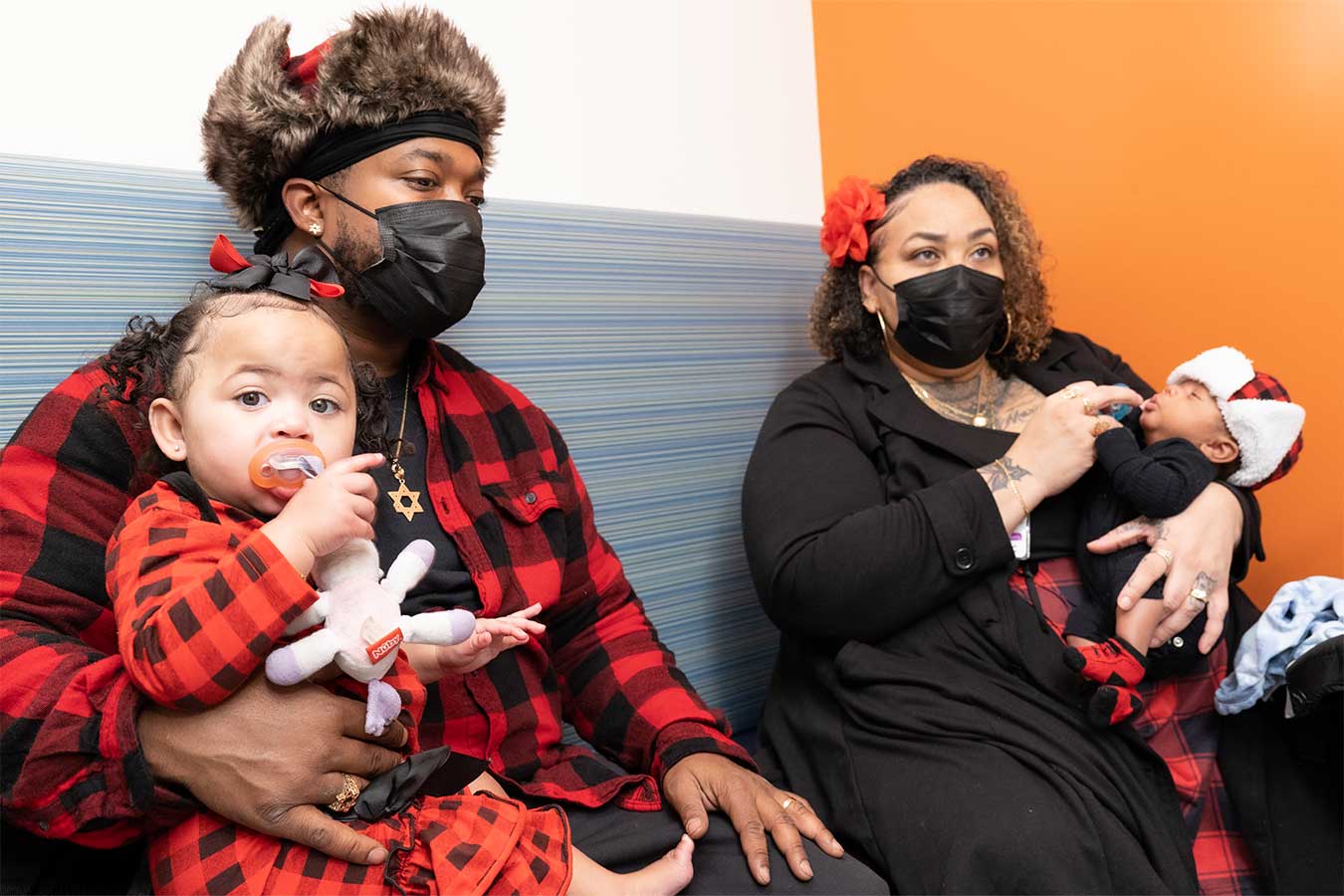
Comprehensive care as your child grows
Seattle Children's multidisciplinary CDH follow-up clinic helps keep your child healthy with ongoing evaluation and care. We provide a single place to get check-ups, follow-up treatment and advice from a team of experts.
For follow-up care, contact our CDH Program at 206-987-0780.
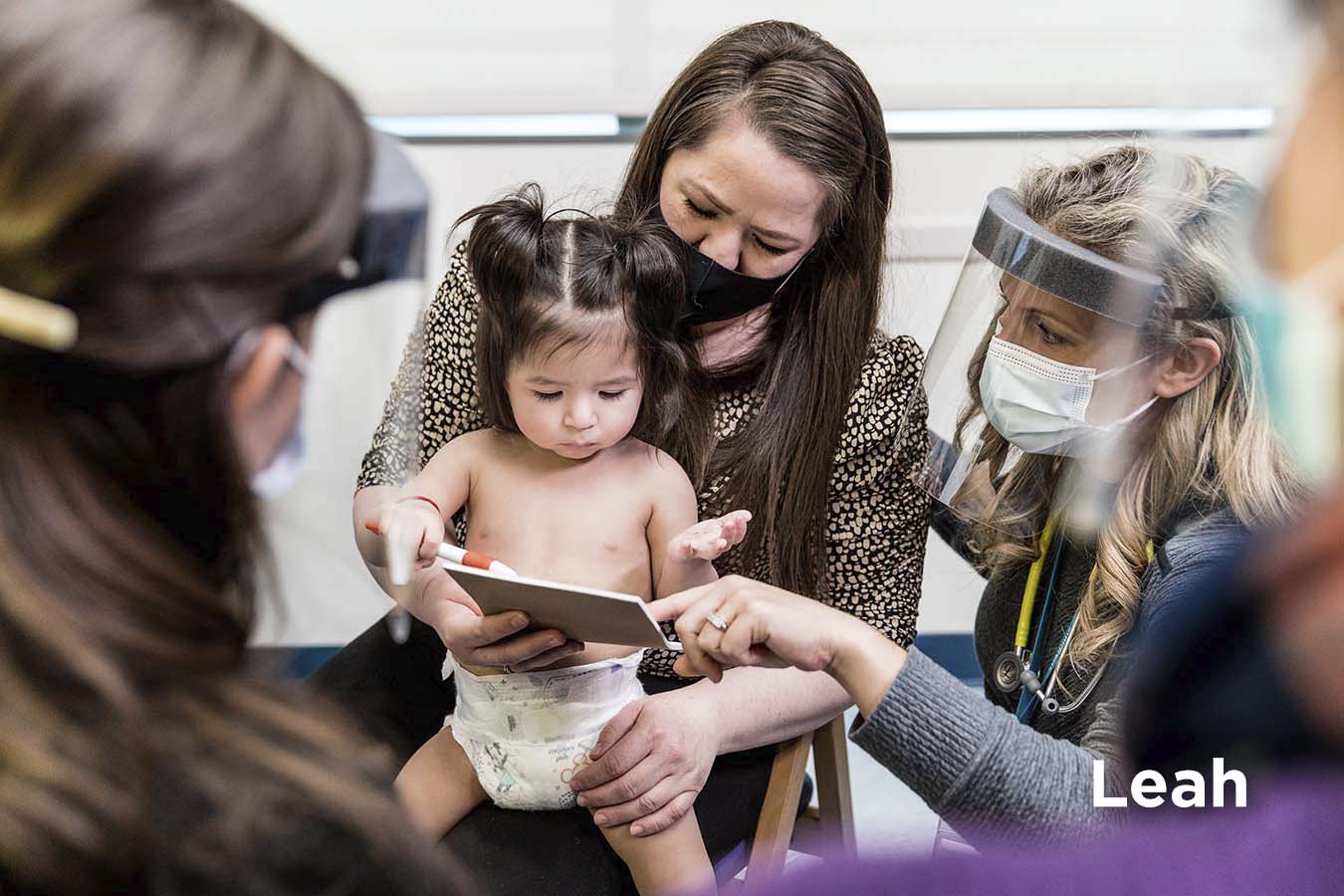
Research to improve outcomes
Seattle Children’s is leading research to improve care and quality of life for children born with a CDH. Our CDH Program has multiple active research studies and takes part in the CDH Study Group, a national registry of more than 80 hospitals collecting data about CDH outcomes.
Read about our care for children with a CDH.
Patient Success Stories
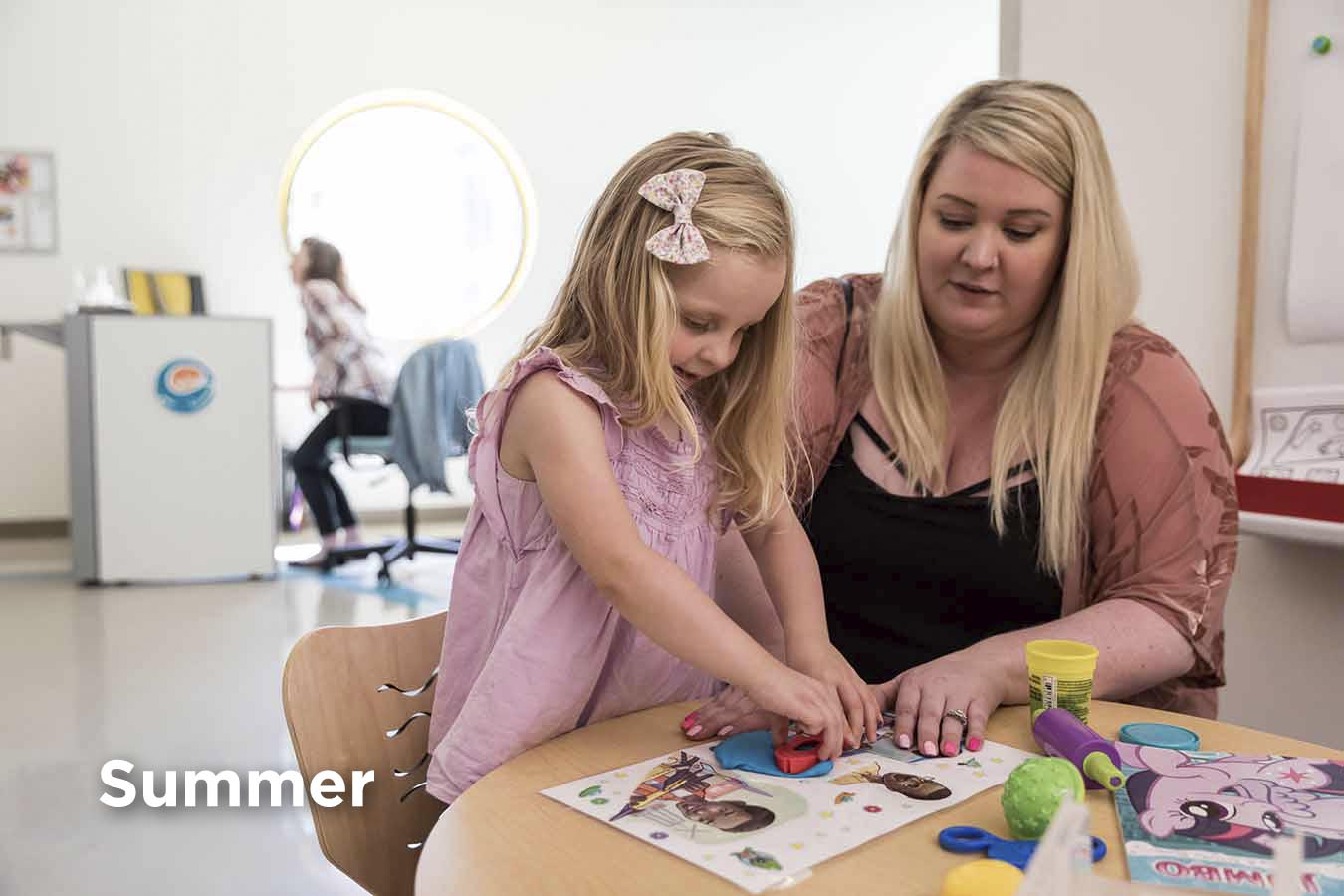
Dr. Riehle was one of the first people to make me feel like a mom. She made me feel confident in my instincts, strong in my convictions and reminded me that this is my child and I could absolutely handle anything for Summer.
— Cassie Fannin Mother of Summer, who was diagnosed with a congenital diaphragmatic hernia when Cassie was 19 weeks pregnant
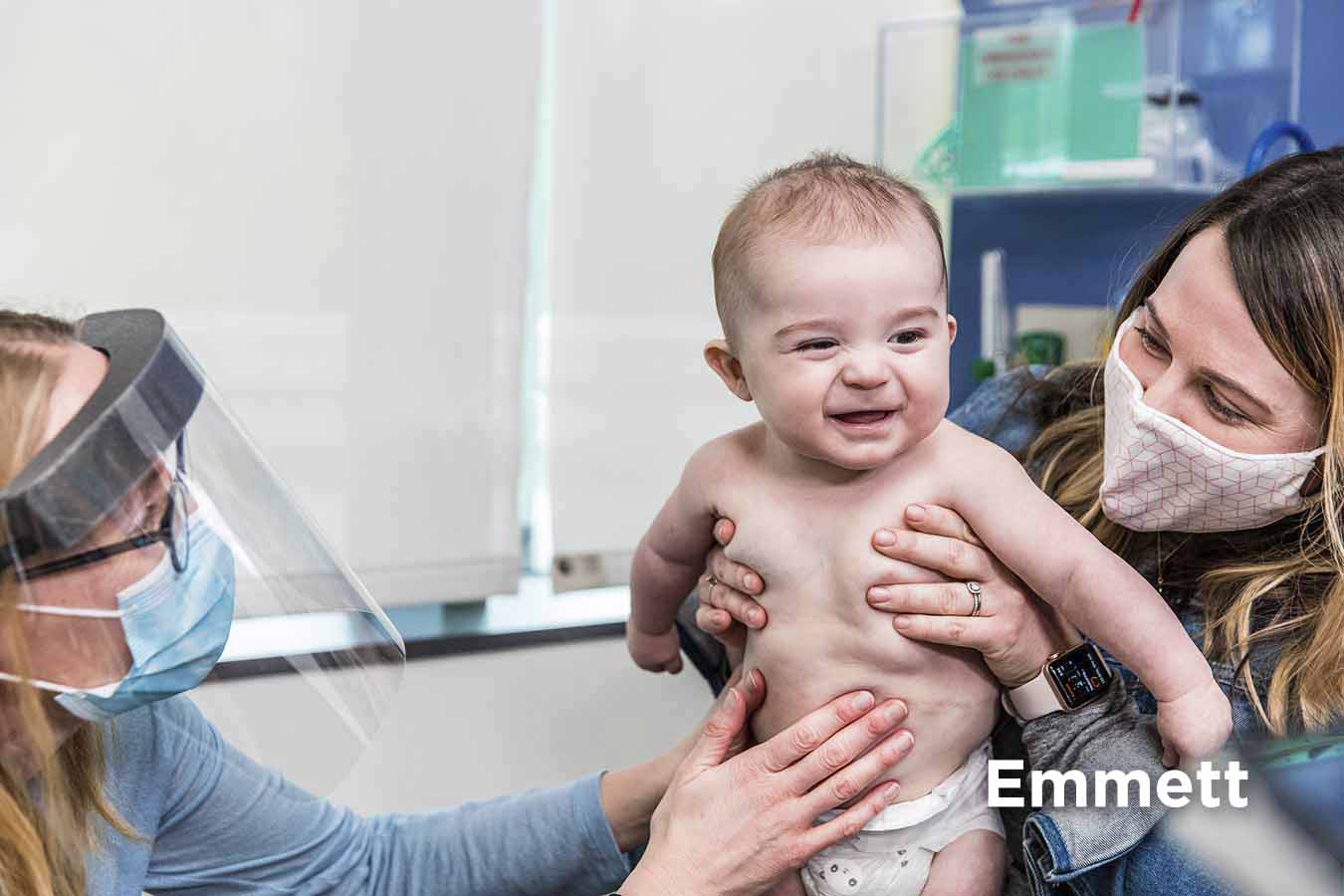
On the scariest day of our lives, Seattle Children's provided us with the hope and confidence we needed to keep going.
We feel very fortunate for Emmett’s exceptional continued care through the CDH clinic. We greatly appreciate that his team of providers has continued to hear our concerns, answer our questions and value our input through all of his hospital stays and at every appointment.
— Holly and Justin Maul Parents of Emmett, who was born with a CDH
Let's get you where you need to be
Getting Care at Our Congenital Diaphragmatic Hernia Program
Many children and families travel to Seattle Children's for CDH treatment and follow-up care. You can stay focused on your child while we help coordinate transportation and housing. We have lots of experience helping families make the transition back home safely.
